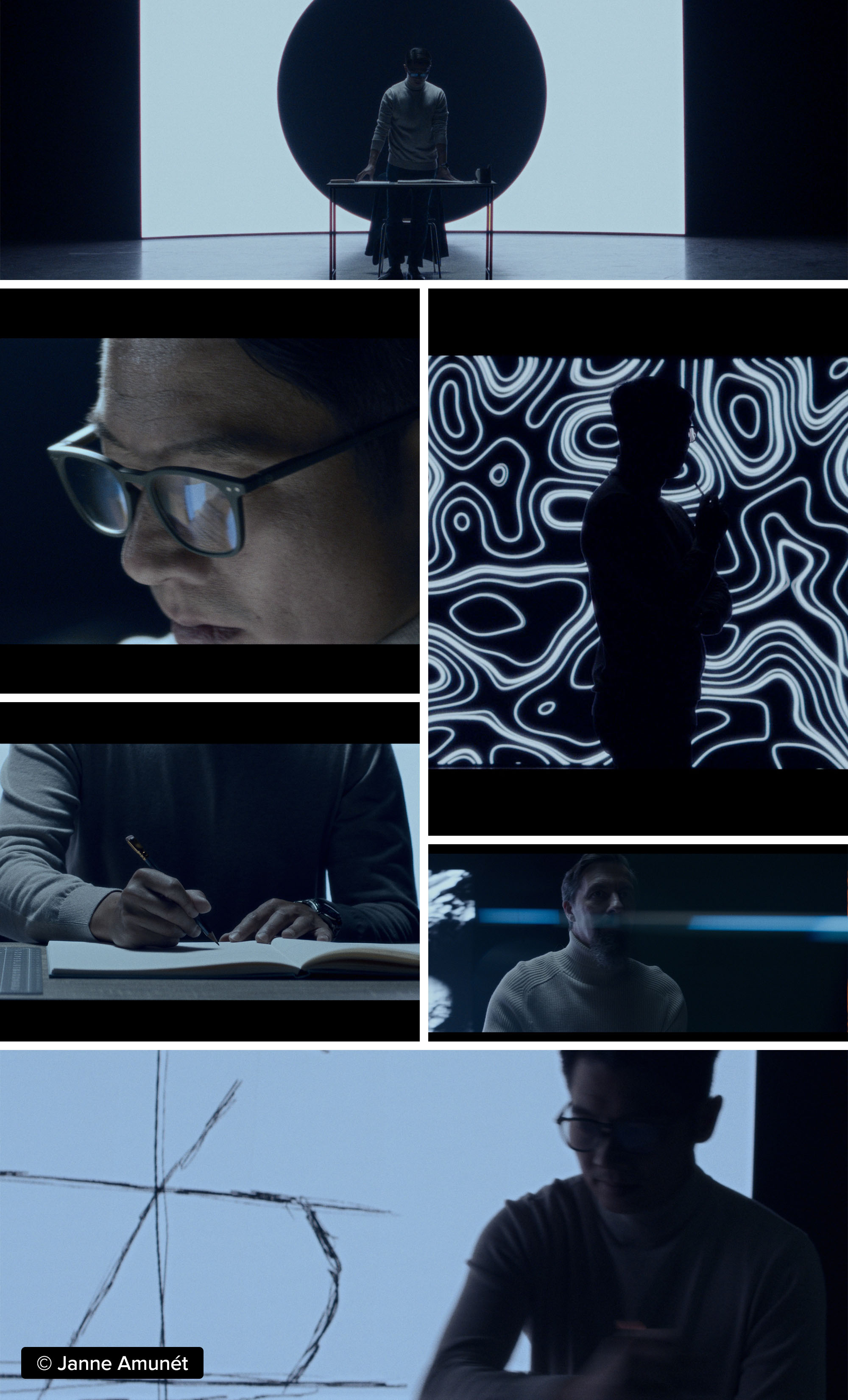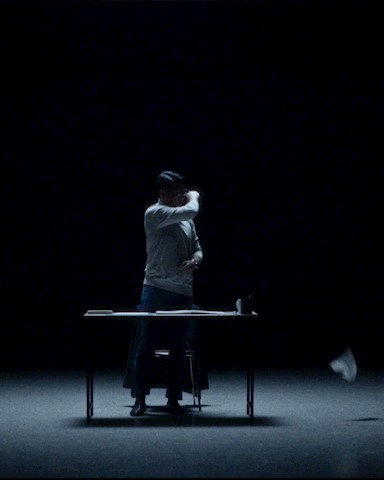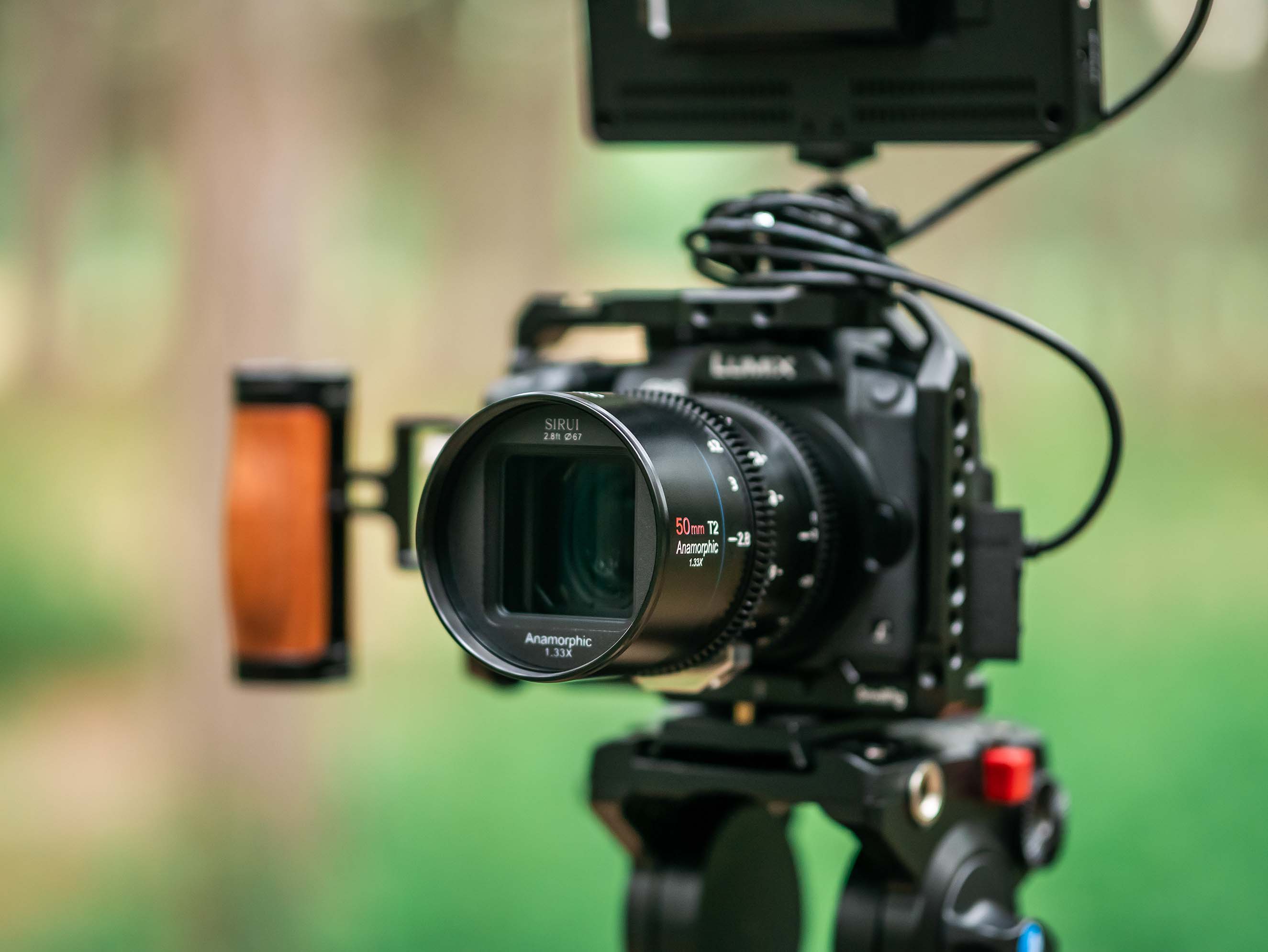Janne Amunét is a Finnish director, cinematographer, and freelance creative director with over fifteen years of experience in film-making and advertising. He shoots most of his stuff with cameras from the Olumpus OM system and his clients range from small Porsche and OM Digital Solutions. We recently sat down with him and had a chat about filmmaking and why he is in love with the Sirui Anamorphic Mars series.
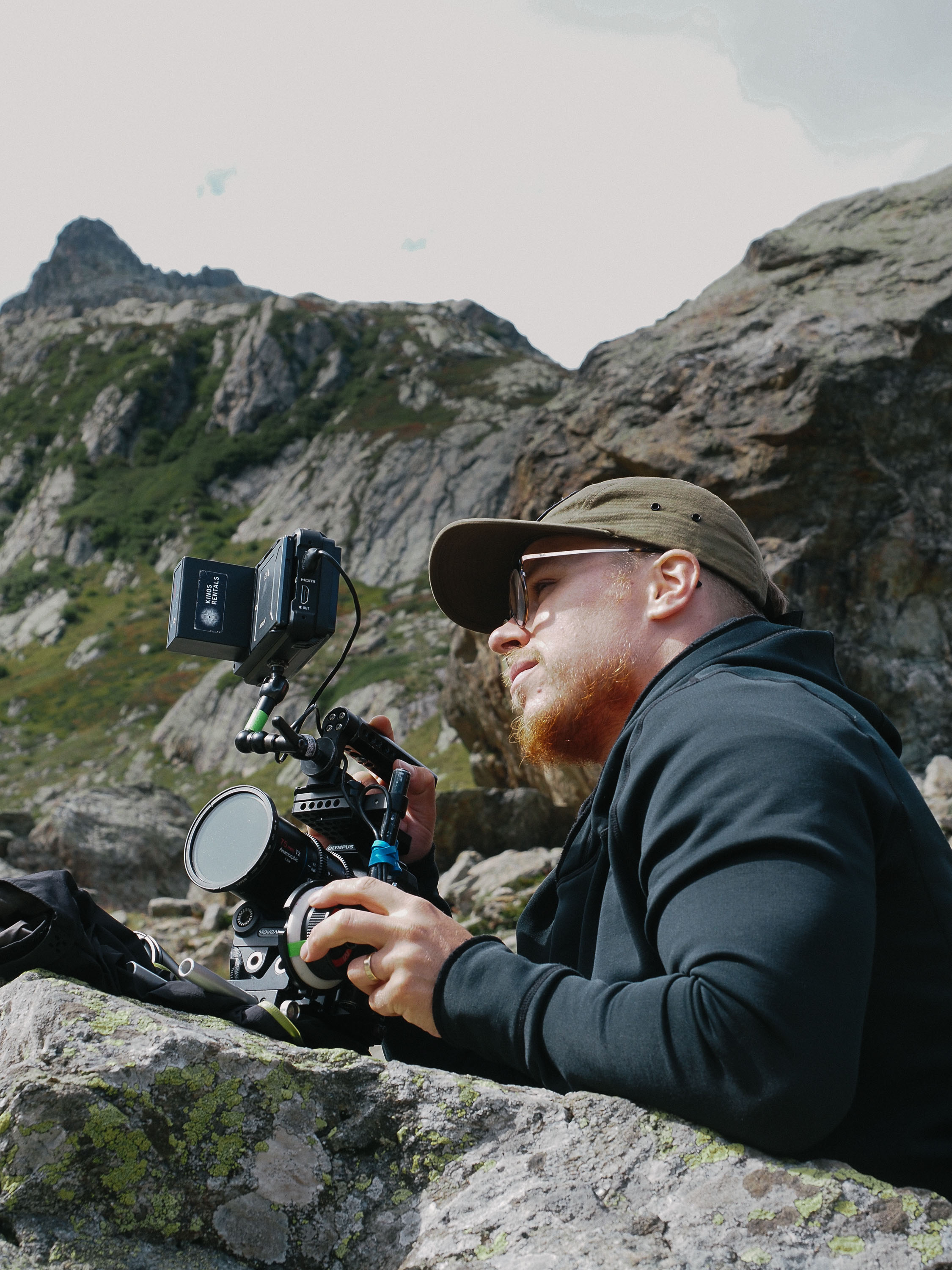
I admit. I'm a bit of a lens snob.
I love using Hawks, Zeiss Super Speeds, Speed Panchros, and such, but at times a lens comes along that makes me re-think my snobbery. One such lens, or lenses, are the recently introduced Sirui Mars Anamorphic 1.33x lenses. Over the last month or so, I have had the privilege of putting the set through a real-world global marketing film shoot that involved studio scenarios, hikes up Swiss mountains, and frosty mornings in Finnish Lapland. A reasonably complete test, I'd say.
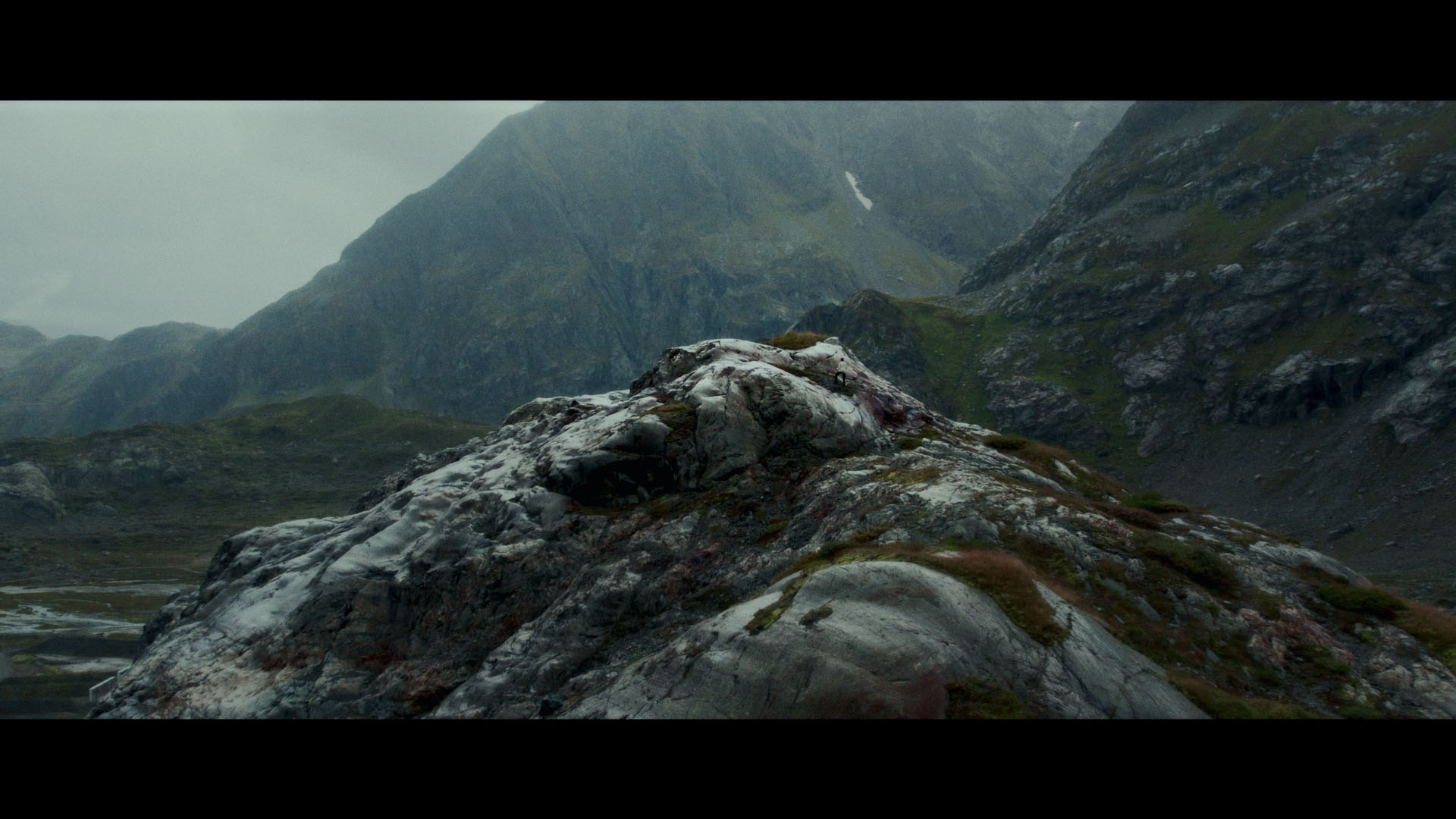
The MARS lenses were announced on the day that I got the green light to shoot a global brand film for Olympus cameras, now known as the OM SYSTEM. We knew that we would be run-n-gun shooting in the Swiss Alps, hiking in the tricky weather of Lapland, and doing a separate studio shoot. From the brief already, knowing we'd be visualizing the long legacy of Olympus, I knew I wanted to shoot anamorphic to bring that classic, high-end feel to the film.
But how? Vazen was not available, we didn't want more stretch than 1.33, and no manufacturer had wide enough lenses that would work in the alps. But the stars lined up, and a few calls later, I was bewildering the generosity of Focus Nordic, with their willingness to give us a set of demo lenses to shoot for almost three weeks. Amazing.
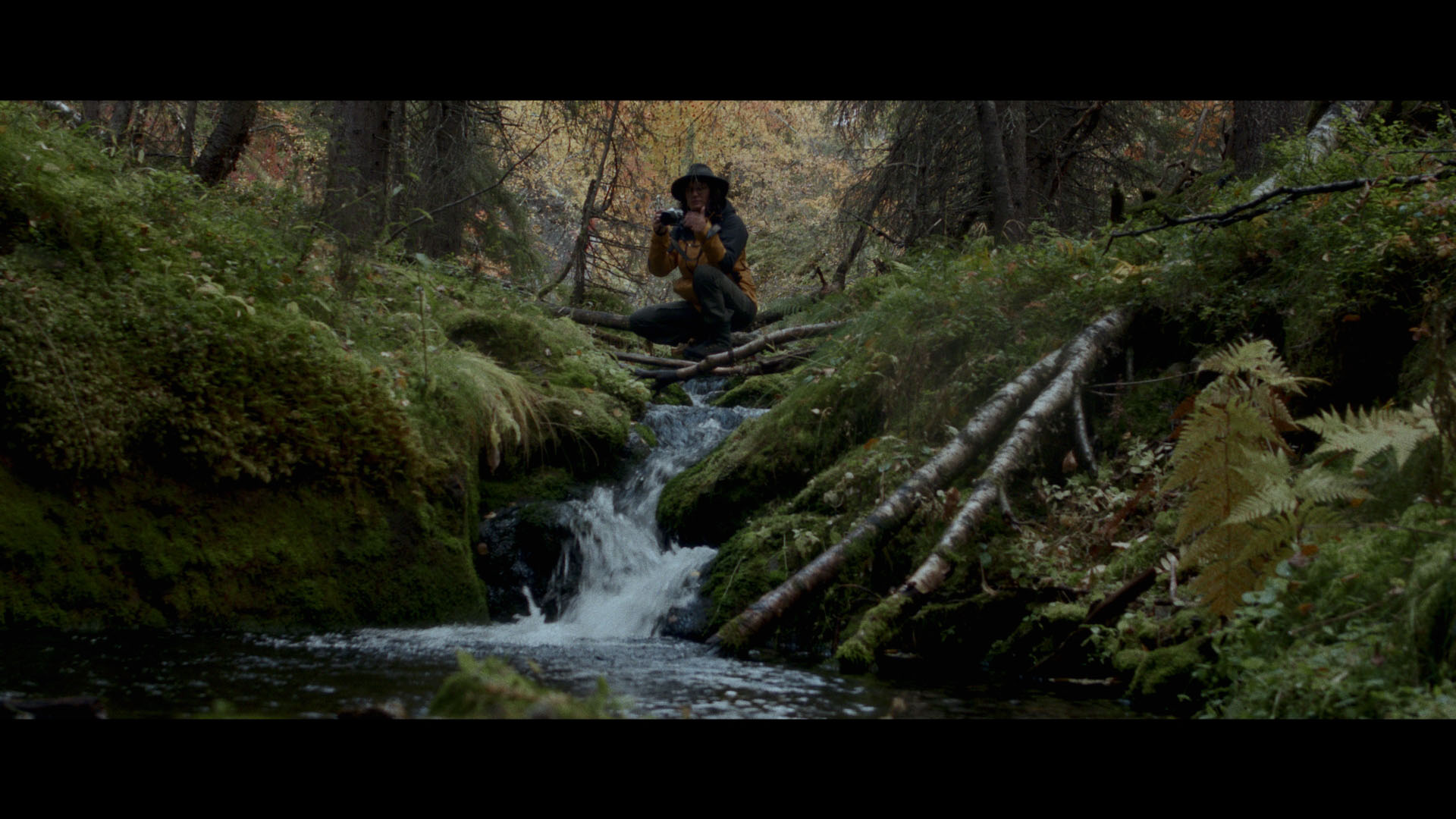
The lens
So, what do these lenses feel like to me? A sweet compromise. They're sharp and capable lenses, and when you open up that aperture, they come jam-packed with character and just enough anamorphic stretch and flare to give the user a real anamorphic experience. For some reason, our demo set combined with our ND filtration exhibited a slightly warm tint to them, but I did not mind this at all, as it helped achieve beautiful skin tones even in miserable shooting conditions.
To my surprise, I liked the flares as well. In demo materials, they looked a bit too blue and overly exaggerated. In practice, the lenses required quite a forceful burst of light to get that extreme anamorphic flare. This made it easy in the field to have control over the level of "anamorphism" you wanted to present in the images, making the lens set incredibly versatile. The only problem was that during our filming, the sun came out from the cloud about five times, of which the majority we were in the wrong location for the shot, so I didn't get the chance to play with flares apart from our studio segments.
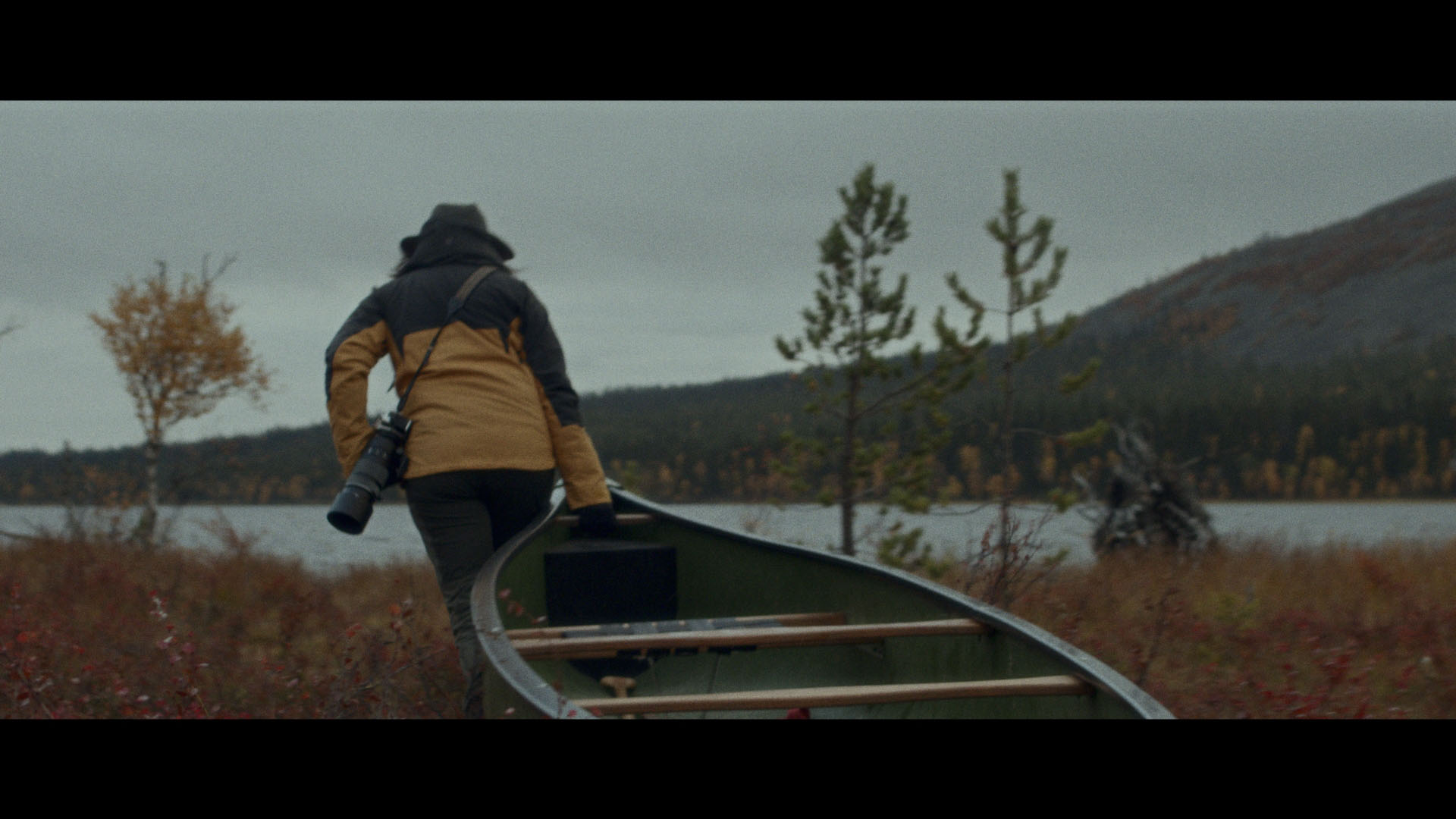
The focal length coverage is spot on as well. Paired with the Olympus stabilization, I was pulling off smooth Steadicam-like camera moves on the 24mm, and still hand-holding bokehlicious close-ups on the 75mm. I admit I grew incredibly fond of the 24mm and the 35mm lenses, with about 80% of the production being shot on those two. Still, the 50mm and 75mm came in handy when we wanted to paint with bokeh and compress the background or have enough reach to capture a wild animal or some nature that was too far for the other two.
Lightweight construction
And the best thing? My entire production kit, hiking gear, clothing, and props fit in a single backpack! It was the first time that I'd ever been able to carry an entire production worth of gear on my shoulders, hike up a mountain, shoot truly cinematic anamorphic and not die of fatigue in the process. Anyone who has ever had to do run-n-gun on a fully rigged cinema camera with an anamorphic set will know how impossibly fatiguing this would be. You could do it for a day or two, but try nine days over two weeks, and we're in the territory of physically impossible unless you own the physique of Dwayne Johnson.
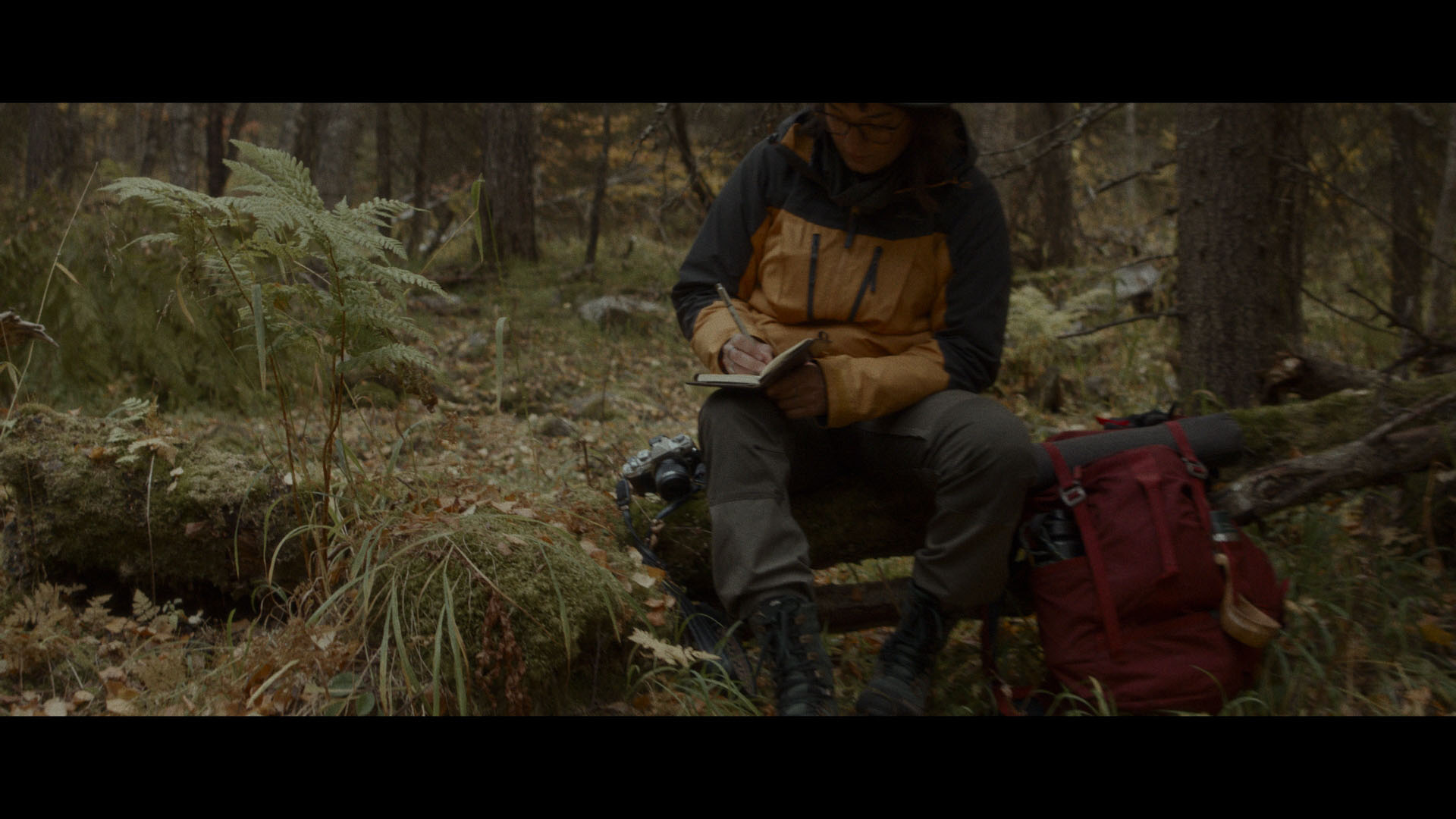
Bang for the buck
To me, the Sirui Mars is a miracle maker. I'm not trying to say that they're the equivalent of Hawks or Orions, but for less than the price of the cheapest truly cinema-level anamorphic lens, I can own an entire set of Mars lenses. That is miraculous, and in the right hands, they produce stunning images that leave even a self-confessed lens snob like me impressed. This is backpackable anamorphic lens snobbery at its best.
